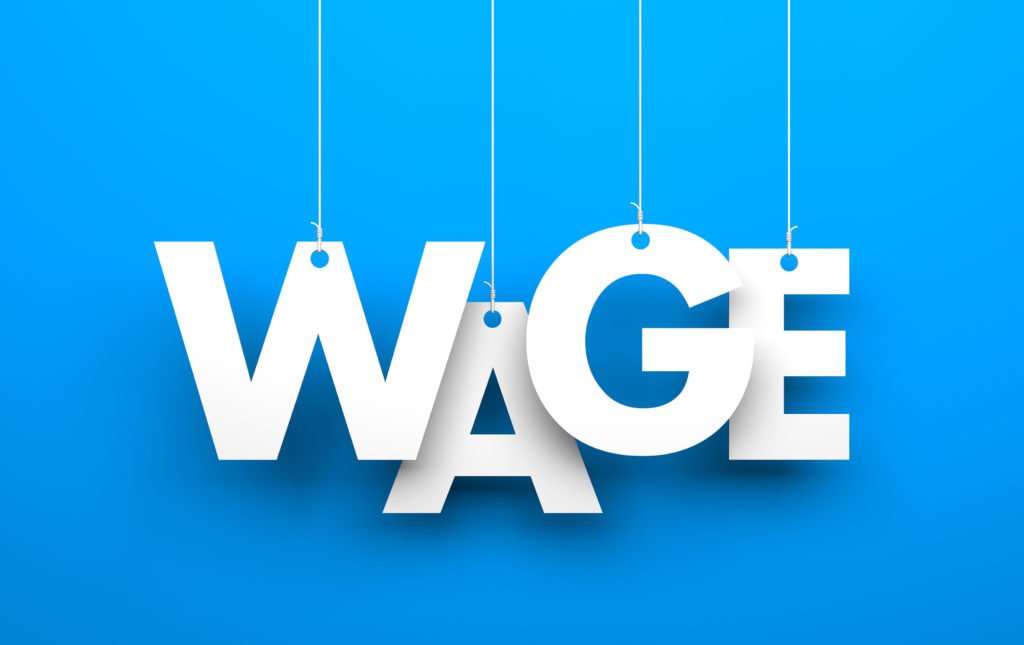The establishment of the minimum wage is a delicate procedure aimed at striking a balance between sometimes conflicting objectives. Therefore, expert advice can assist decision-makers in this process, as indicated in a separate chapter of the in-depth analysis on Romania’s macroeconomic imbalances published by the European Commission on Monday.
In its analysis, the Community Executive emphasizes that, in Romania, the modification of the minimum wage is decided by the Government on a discretionary basis. The legal minimum wage is set by the Government after consultative negotiations with unions and employers. Typically, the minimum wage level is reviewed each year in January, but ad hoc adjustments are also possible during the year.
“When deciding on an increase, the Government uses a wide range of macroeconomic indicators (inflation, wages, productivity and the general evolution of the labor market), but does not follow a clear formula”, the Community Executive appreciates.
The European Commission states that there are risks and benefits of significant increases in the minimum wage. On the one hand, the minimum wage protects workers with low bargaining power and can reduce the poverty of people employed in the labor market. The objective of the minimum wage is to raise incomes and labor productivity and improve the well-being of workers at the bottom of the income distribution while reducing inequality.
“At the same time, the minimum wage may not be the most effective tool to reduce inequality and poverty. It tends to be a weakly focused tool for this purpose and supports individuals rather than households and covers only employed people,” says the EC.
The analysis draws attention to the fact that excessive wage increases could have negative effects on employment. In some situations, employers could respond to the increase in the minimum wage by firing the least productive employees. There is also the risk that too large increases in the minimum wage will reduce incentives for workers to upgrade their skills. At the macro level, large increases in the minimum wage could contribute to the deterioration of external imbalances, immediately through increased absorption, and over time through losses in terms of cost competitiveness. In this context, recourse to expert advice can help policymakers in their sensitive task of setting the minimum wage.
“This is especially true in countries with little collective bargaining power, such as Romania. In these cases, some economists argue that the process of setting the minimum wage should be taken, at least partially, out of the hands of politicians and either delegated to independent experts, or the use of a mathematical formula, as is currently the case in France and the Netherlands”, the analysis of the European Commission states.
The recent developments of the minimum wage in Romania confirm the need for an ambitious reform to ensure that changes to the minimum wage are more predictable and calibrated in a way that is fair and aligned with the fundamental needs of the economy, concludes the Community Executive. This reform should be designed in consultation with social partners and in a way that fully respects the requirements of the 2022 EU Adequate Minimum Wage Directive
The post EU Commission to Romania: Employers May Respond to Minimum Wage Hike with Layoffs appeared first on The Romania Journal.




